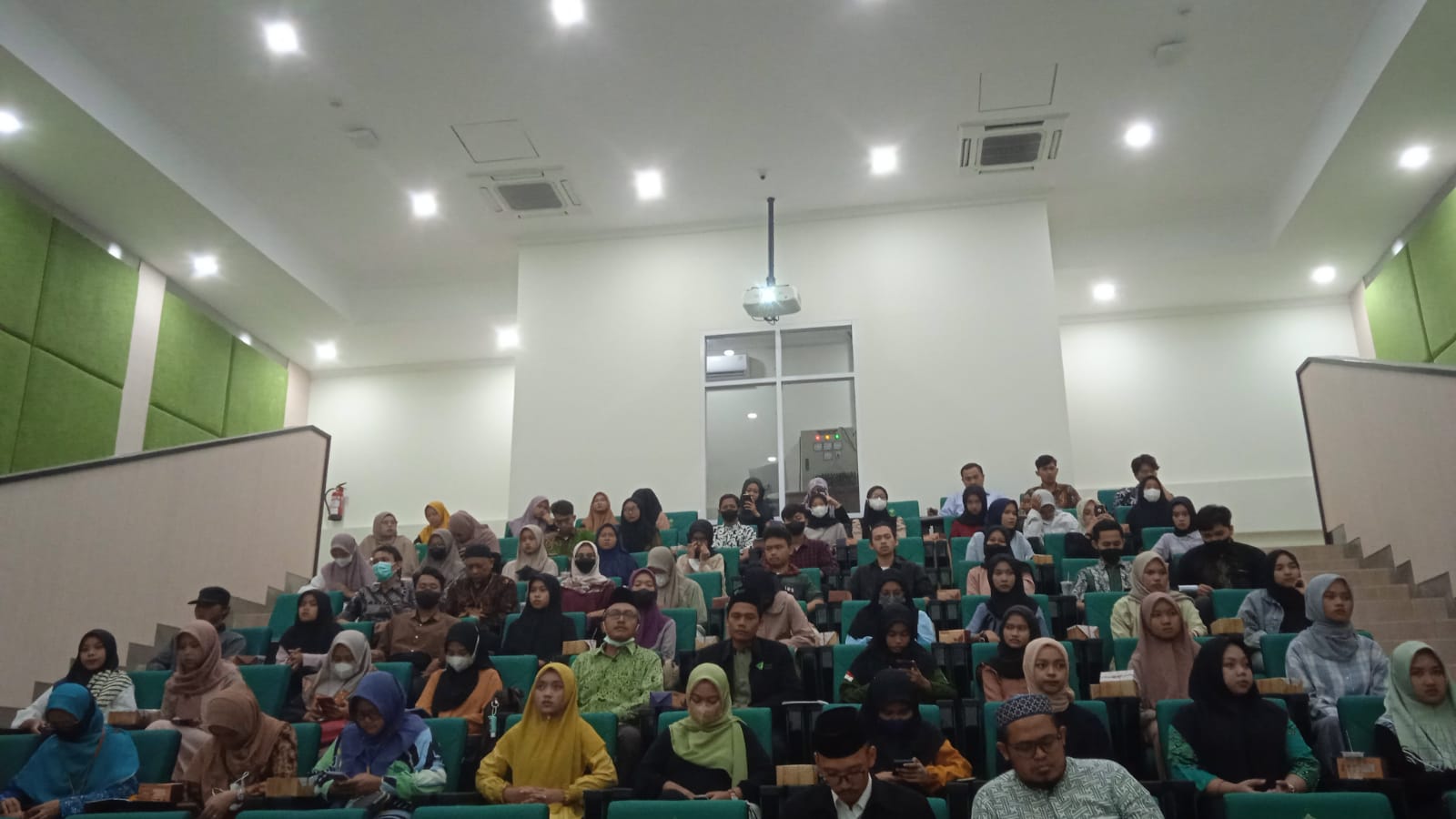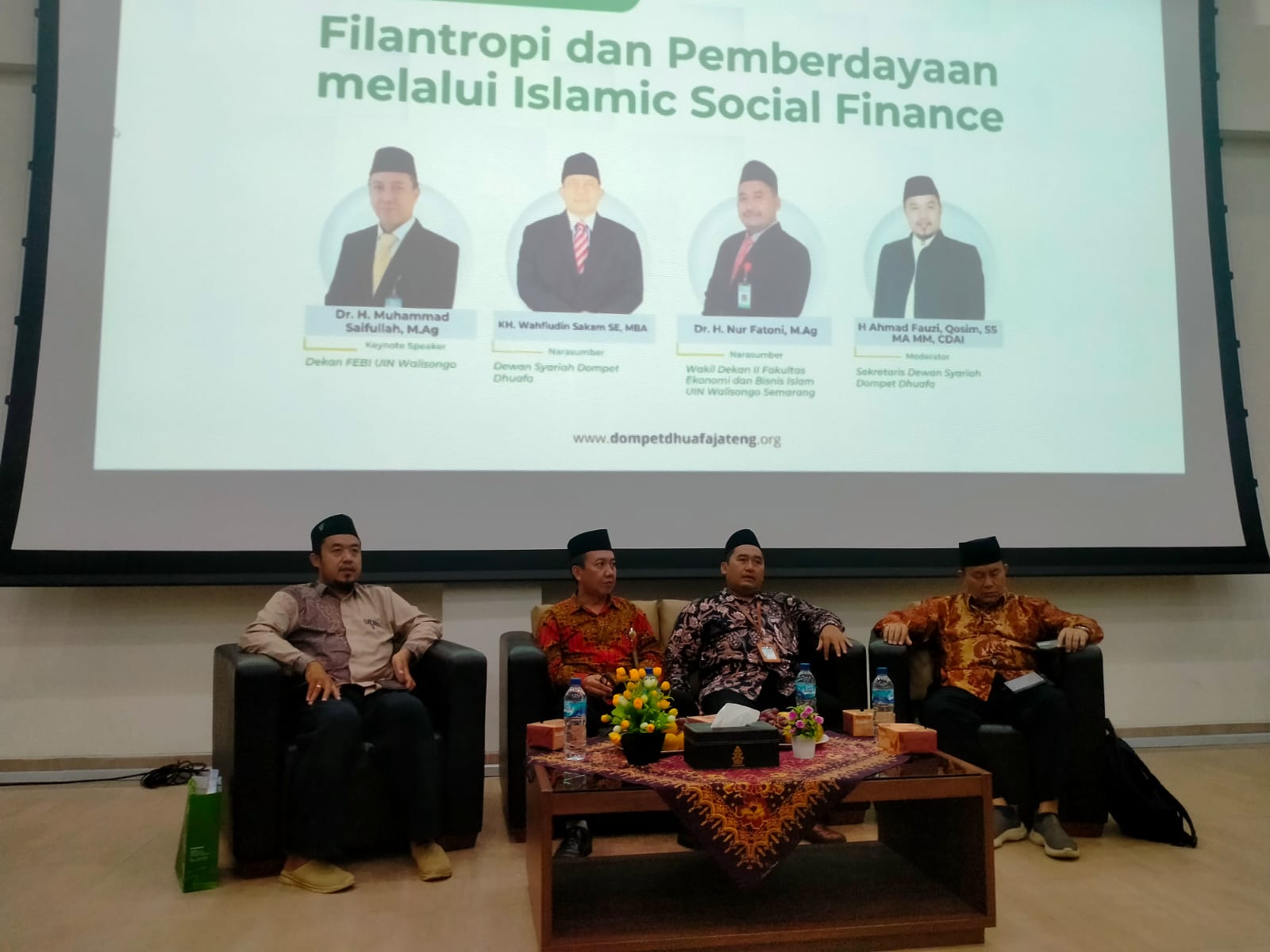SEMARANG, CENTRAL JAVA — ISF (Islamic Social Finance) in the form of Zakat and Waqf is part of the Islamic Economic System. Economics is not just about finance (finance is also divided into social and commercial finance). In addition to the financial sector, there is the production sector, the trade sector, and the logistics sector.
Then, on top of a system, some values are the principles of that system. Some paradigms should be addressed; if ignored, the system will be broken. Values, principles, and paradigms are all often referred to by the term PHILOSOPHY. The philosophy on which a social movement is based is called IDEOLOGY.
Thus, cannot separate the management of Zakat and Waqf because both are inherent parts of the ISF. And the ISF is part of the Islamic Economy. And Islamic Economics has its own Philosophy/Ideology that is different from other economic systems.
Therefore, the management of Zakat and Waqf should not be based on capitalistic, individualistic commercial values. The priorities in the Capitalistic Commercial economy are: Individual Ownership and Asset Buildup. Meanwhile, in ISF, the priority is: Spreading Benefits and Empowering.
Then Zakat Waqf will fail with those managed with the spirit of Owning and Hoarding Assets. Zakat and Waqf must be managed with the spirit of Philanthropy. Do not intend to enrich yourself in managing Zakat and Waqf. Do not intend to make Zakat and Waqf as a career for fame and self-popularity.

Philanthropy (Greek: philein means love, and anthropos means human) is the act of a person who loves his fellow human beings, puts human values first, thus donating his time, money, and energy to help others.
It is also not appropriate to understand Zakat and Waqf solely from the sharia aspect. Sharia is a normative rule of law. Meanwhile, economics is more than just the rule of law. The economy includes capital, production/operations, sales, accounting, licensing (business development), management, technology, and entrepreneurship.
Many people, after attending Sharia Economics training, especially Zakat Waqf, cannot develop Zakat and Waqf activities because what is newly understood is the legal aspect only. Other aspects must be studied as an economic activity, especially entrepreneurship and management.
If you only study Sharia Economics, it is only suitable to be ustadz of sharia preachers. It is only the literacy stage, especially Zakat and Waqf literacy. (Dompet Dhuafa / KH Wahfiudin Sakam SE MBA – Dewan Syariah DD)



